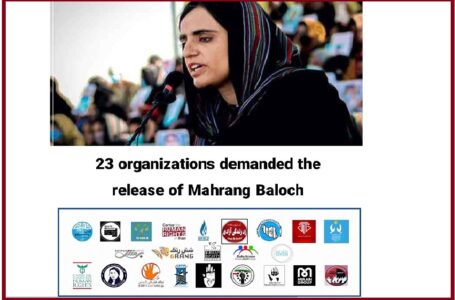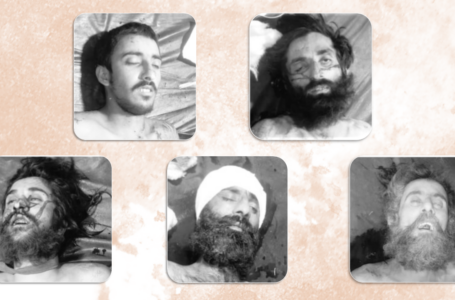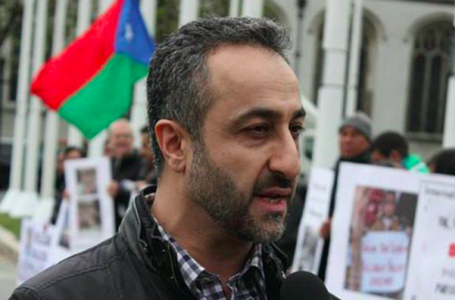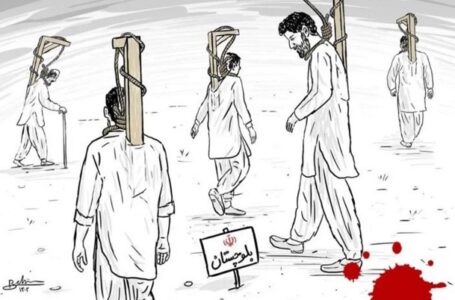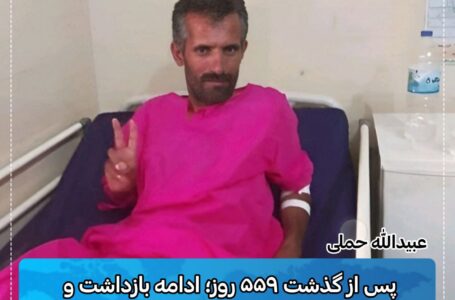ICJ urges government to engage with process for improving HR situation

International Commission of Jurists (ICJ) Friday urged Pakistani authorities to meaningfully engage with the process to improve the human rights situation in the country. Frederick Rawski, ICJ’s Asia Director said, “Pakistan’s past engagement with the UPR has been characterized by denial and defensive posturing. As a recently-elected member of the UN Human Rights Council, it is more important than ever for Pakistan to show that it takes its human rights obligations seriously by engaging with the upcoming UPR in its true spirit.”
Rawski said that as Pakistan is set to undergo its third Universal Periodic Review (UPR) on November 13, the ICJ has urged Pakistani authorities to meaningfully engage with the process to improve the human rights situation in the country.
He stated that during its second UPR in 2012, Pakistan received 167 recommendations, of which it rejected seven, noted 34, and accepted 126, adding that seven recommendations rejected by Pakistan relate to some of the most serious human rights violations in the country, including recommendations to adopt an official moratorium on the death penalty with a view to abolishing capital punishment in law and practice, repeal blasphemy laws, and decriminalize adultery and non-marital consensual sex.
Even accepted recommendations have been largely ignored in the four years since the previous UPR whereas enforced disappearances are still not recognized as a distinct autonomous crime; perpetrators of gross human rights violations continue to escape justice; there has been complete inaction to prevent abuse of so-called blasphemy laws; and freedom of expression is often restricted on vague grounds such as “national security” and “immorality”. “Pakistan’s human rights situation has in many ways deteriorated since 2012,” Rawski added.
“Yet – as reflected by Pakistan’s national report for the upcoming UPR – the authorities apparently remain in a state of denial about the dire human rights implications of these new measures,” he said.
These measures include the lifting the informal moratorium on the death penalty and carrying out nearly 500 executions in less than three years – among the highest in the world; passing laws allowing military courts to try civilians for certain terrorist-related offences; and a new wave of crackdowns on NGOs, journalists and human rights defenders, including retaliating against NGOs for presenting “a very bleak picture” of the country’s human rights situation to the UN.
“The UN member states on November 13 (Monday) should urge Pakistan to end the dangerous downward spiral on rights by ending repression, respecting fundamental freedoms, and holding perpetrators of violations responsible,” Rawski concluded.
Attempts were made by this correspondent to contact Special Assistant to Prime Minister/Minister of State Barrister Zafarullah Khan – who is proceeding to Switzerland for presenting third UPR on November 13 – in order to seek his viewpoint over the concerns of the ICJ, but no response was received till filing of this report.
Courtesy: Brecorder




